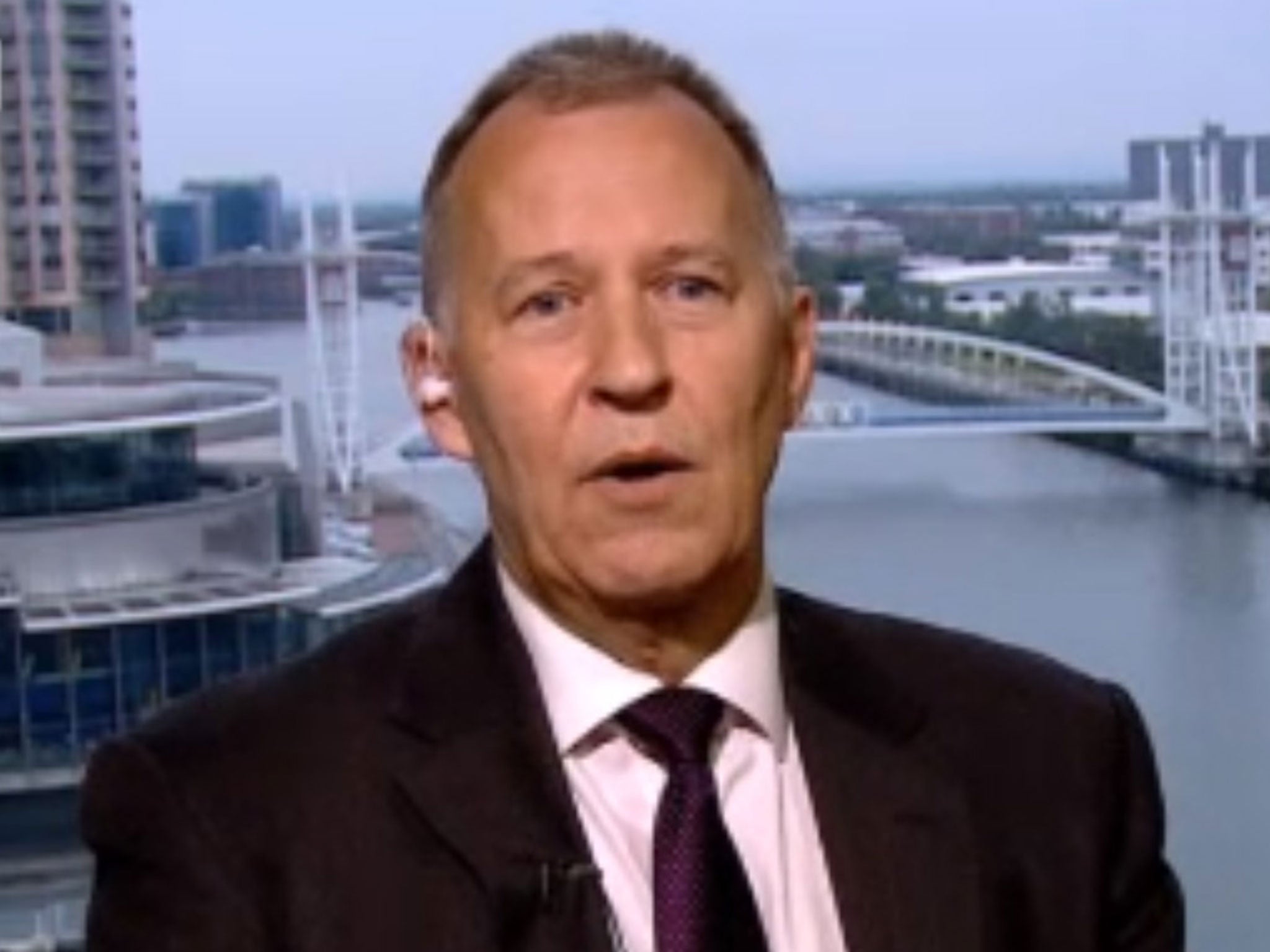Magistrates’ leader hits back at ‘blue rinse’ stereotype
The justice minister had claimed giving magistrates more powers would lead to an increase in the prison population

The lay judiciary is fed up of being used as a “punch bag” by ill-informed politicians who have an outdated view of magistrates as “blue-rinse” establishment figures who like sending people to prison.
In a stinging attack the leader of Britain’s 20,000 unpaid magistrates said many felt they were “taken for a granted” by the Government while not being trusted with greater responsibilities.
Richard Monkhouse, chairman of the Magistrates’ Association, challenged ministers to “come and sit in a court – not for five minutes but for a week” to see first-hand the cases that they had to deal with.
He rejected claims by the justice minister, Simon Hughes, that giving magistrates the power to deal with offences with a maximum jail term of a year would lead to an increase in the prison population. “People say we’re too punitive. Well, give us the evidence, because we have the evidence that we’re not.
“We have the evidence that in the last 10 years we have reduced the proportion of the prison population sentenced by magistrates from 6 per cent to 4 per cent. That may not seem very much but that’s a 50 per cent reduction in the number of people who aren’t going to prison who were going to prison 10 years ago.”
Mr Monkhouse, a statistician by training and magistrate in Manchester, said some in Whitehall had an outdated and stereotypical view of the type of person who became a magistrate. “People think we’re some kind of elite part of the establishment. Fifty years ago that might have been so, but certainly now we’re not.
“We have all sorts of people who work as magistrates: people who stack shelves, people who are unemployed, people who are taxi drivers. You name it, we’ve got one of them.
“We are about 11 per cent BME [black and minority ethnic] and 52 per cent are women. Yes, there will be the odd blue-rinse person, but there’ll be the odd oik as well.”
Responding to comments by Mr Hughes that “it was not a good idea” to give magistrates greater sentencing powers, Mr Monkhouse said this was not only wrong, but typified the poor way in which some politicians treated the lay judiciary.
“There is a feeling that we are taken for a granted a little. If you go back 13 years we used to run the courts through the Magistrates Courts Committee. Now we are at the bottom end of the system. Magistrates feel a bit taken advantage of and not part of the equation – they’re told what to do rather than asked what would work.”
Join our commenting forum
Join thought-provoking conversations, follow other Independent readers and see their replies
Comments
Bookmark popover
Removed from bookmarks